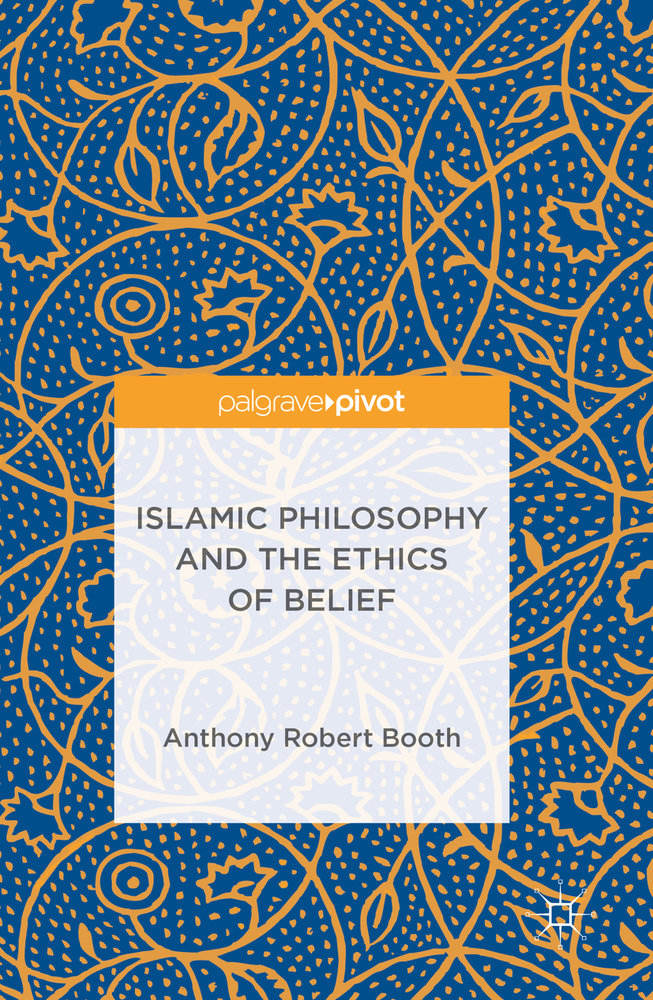In this book the author argues that the Falasifa, the Philosophers of the Islamic Golden Age, are usefully interpreted through the prism of the contemporary, western ethics of belief. He contends that their position amounts to what he calls Moderate Evidentialism´ - that only for the epistemic elite what one ought to believe is determined by one´s evidence. The author makes the case that the Falasifa´s position is well argued, ingeniously circumvents issues in the epistemology of testimony, and is well worth taking seriously in the contemporary debate. He reasons that this is especially the case since the position has salutary consequences for how to respond to the sceptic, and for how we are to conceive of extremist belief.


